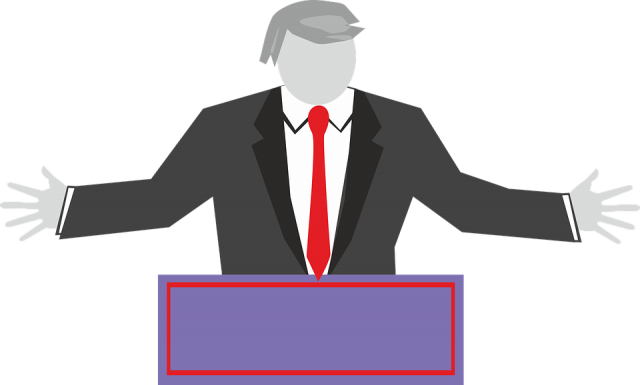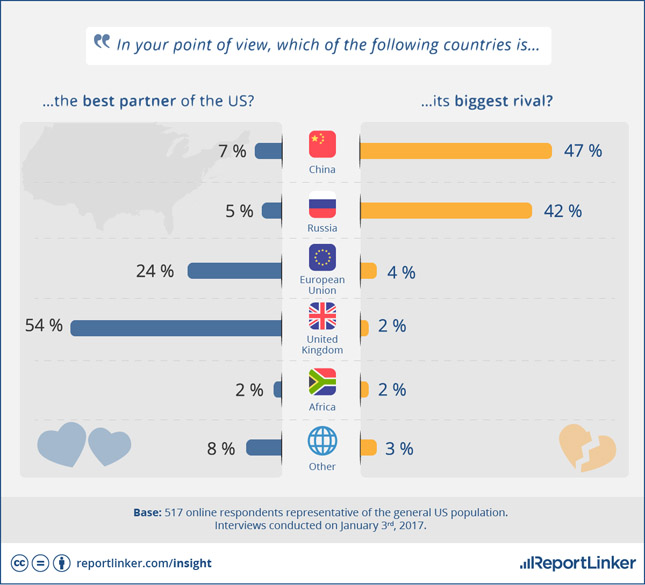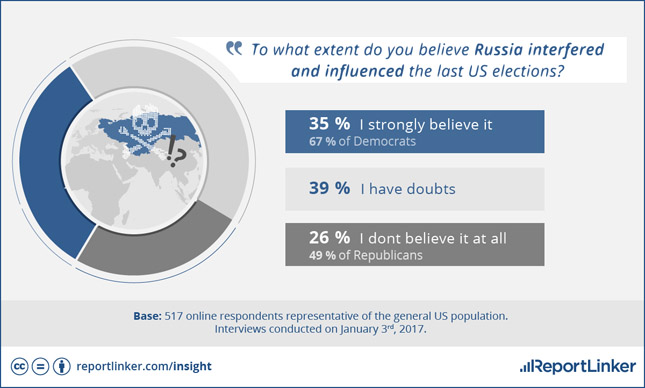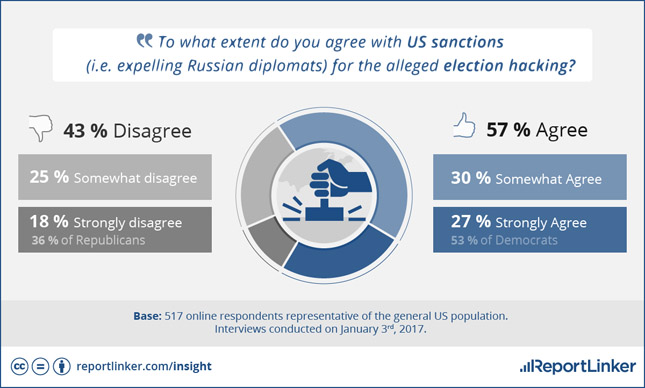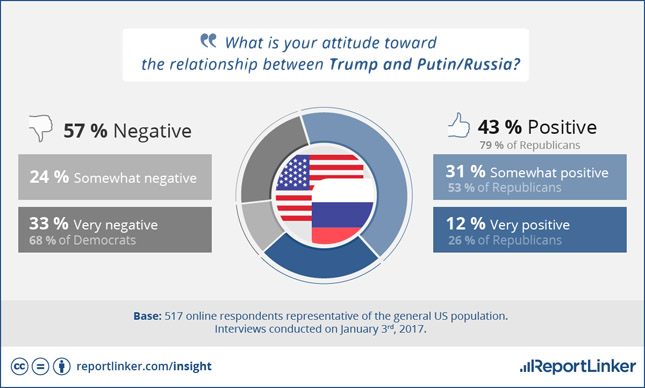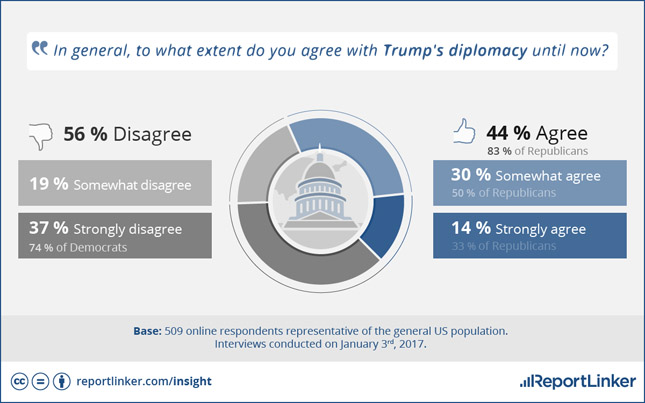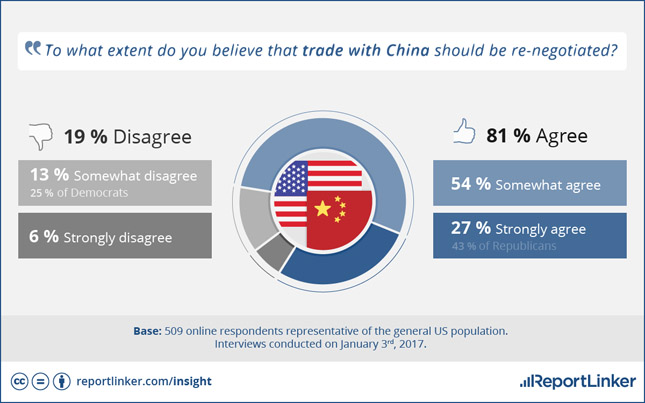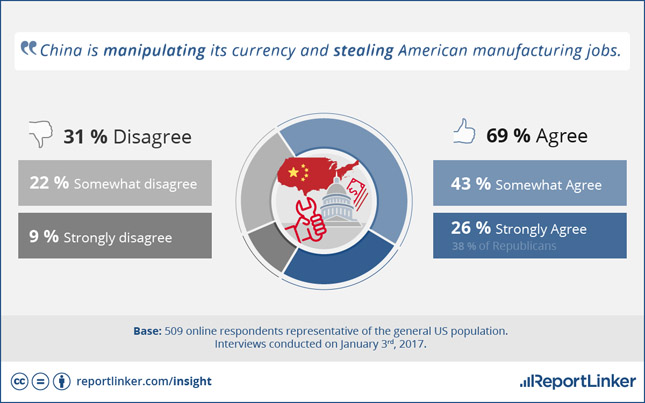The most recent President election resulted in the defeat of Former Secretary of State Hillary Clinton by billionaire real estate baron Donald Trump. One of the foundations of Trump’s campaign message was the relationship between the US and China as well as US and Russia. Though once a very positive relationship, Mr. Trump took a negative spin when focusing on the American jobs that are lost to Chinese workers. Regarding Russia, a once contentious relationship under the Obama Administration, Mr. Trump has a more positive view of President Putin. His platforms that are in direct opposition to standard American foreign politics as of late and has shaken the American legislature.
In his campaign speeches, Mr. Trump has urged that foreign trade relations make it impossible for American companies to compete on the global stage. He spoke from his personal business experience where he has many of his own Trump-branded products manufactured in China because it made good business sense. He believes that he has seen how these policies have eroded the American economy and seeks to restore it. However, it seems that his diplomacy positions are not approved by most Americans.
Then, during his campaign, Trump’s relationship with Russia was brought to question when he called for Russia to hack Hillary Clinton’s email server and locate the missing emails that have been the crux of a federal investigation on her. This statement during a campaign rally brought a foray of denunciations from the political and intelligence communities as a national security risk. However, Americans seem to have different view about Russian foreign policy.
A recent ReportLinker survey of 509 American respondents online about foreign relations with China showed that 56% disagreed with his diplomacy tactics with most strongly disagreeing. Forty-four percent (44%) agreed with 30.1% only moderately agreeing with his position. Democrats tended to carry stronger views against Mr. Trumps policy positions than Republicans who agreed with him.
Though it seems that Mr. Trump single-handedly destabilized US-China relation, American’s agree with him at least on one thing, that the trade agreements between the US and China should be re-negotiated. Eighty-one percent (81%) of Americans agree with Trump. Across party lines, more Republicans strongly agree with renegotiations than Democrats who disagree. Though Americans agree with what must be done, it is apparent they do not agree with how he has gone about diplomacy.
When 517 respondents were asked about Russian foreign relations, only 4.6% of Americans reported that Russia and 6.8% reported China would be the best partner for the US. Whereas 54.2% of respondents reported the United Kingdom despite their exit from the European Union this past year. Likewise, 41.8% reported that Russia and 47.4% reported that China were the most important rivals. Though Americans approve of Trump’s positon on China, they do not share the same opinion on Russia. However, when respondents were asked if they believe that Russia interfered with and influenced the elections, 39.3% reported having doubts and 34.8% strong believed so.
Though Americans are split in their views of Russian involvement in the election, most (57%) agree with sanctions against Russian for the alleged hacking but the feeling is more moderate (30%) than strong (26.7%). Democrats, expectantly, were more likely to agree with sanctions and Republicans were more likely to disagree.
Trump’s campaign rhetoric made great strides in convincing Americans about what they may not know or understand. His decades long history as an international business man has made him an opinion-leader on the topic of foreign trade. The ReportLinker surveys demonstrates this effect when 68% of respondents reported agreeing that China is manipulating their currency and stealing American manufacturing jobs. Yet, they did not agree with him on taking a more positive attitude with Russia.
How Trump has begun to shape his diplomacy strategies begs to question what the future will hold. How his views will affect American policy with China and Russia is left open-ended for now. How Americans view these types of strategies are also to be determined and will ultimately depend on the outcome.
Find a Home-Based Business to Start-Up >>> Hundreds of Business Listings.











































